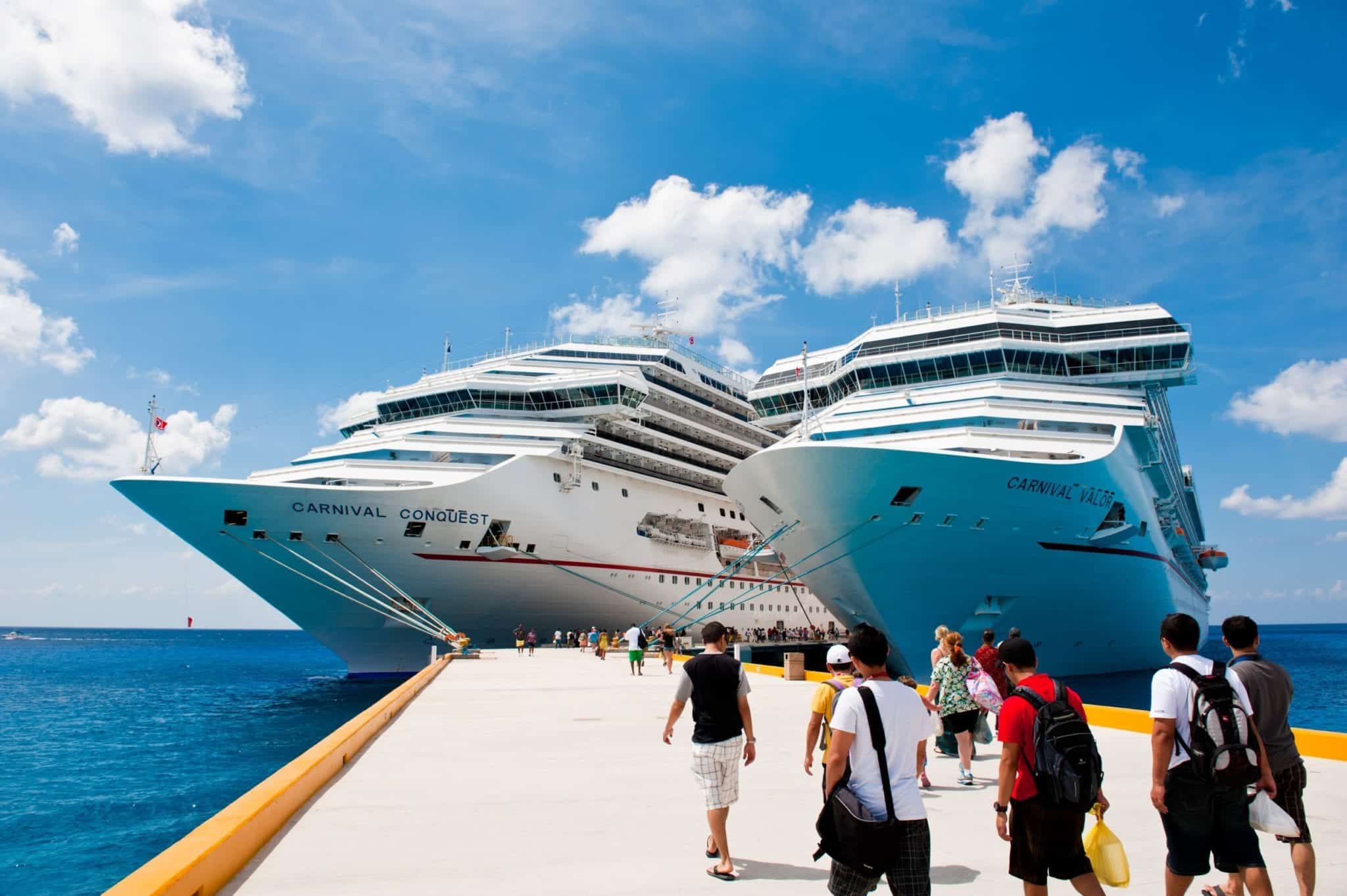Cruises are supposed to be fun, relaxed, safe vacations for people of all ages. Cruise ships, in particular, are designed for maximum safety, keeping their passengers safe on the open seas. That doesn’t matter if the crew of the ship is negligent during bad weather, though.
Cruises are vulnerable to hurricanes, especially during heavy hurricane seasons. If a ship can’t find a safe port, then everyone on board is at risk when a storm appears.
In fact, one of the most dangerous aspects of hurricane season is the sheer number of cruise ships that have to seek shelter from the storm. This year is seeing fewer cruises because of the global pandemic, so there are fewer ships competing for safe harbor.
Of course, that may not mean much during what looks to be the most active hurricane season on record.
Cruise Lines Avoid Cancellations at Customers’ Expense
Hurricanes can cause significant changes to a cruise’s itinerary, but not all cruise companies have their customers’ best interests in mind. Most cruise lines are reluctant to cancel a cruise, even if a hurricane is threatening the port.
Just last year, Royal Caribbean waited until hours before a cruise’s original launch time to cancel the cruise, despite the warning forecast that Hurricane Harvey was about to devastate the port of launch.
As a result, multiple ticketholders for that cruise have put together a class-action lawsuit. The lawsuit’s claim is that the company effectively required customers to travel into an active evacuation zone. Otherwise, these customers could have lost the entire cost of the cruise.
During this hurricane season, cruise lines are likely to be even more reluctant to cancel cruises. With fewer sailings, they are motivated to keep as many ships on the water as possible. Understanding how your cruise cancellation policy works will help you avoid predatory or dangerous situations by these companies.
How Cruise Cancellation Policies Work
Most cruise line cancellation policies include strict clauses about refunds. Specifically, as long as the cruise happens and lasts the promised length of time, no refunds are offered. Missing the boarding, deciding not to go, or going to different ports than advertised are outlined in the contract as not eligible for refunds.
This leaves people who are wary of hurricanes in a catch-22 situation. If a hurricane pops up before your cruise dates, you must still go on the cruise. Otherwise, you risk losing the ticket price if the cruise line chooses not to cancel.
On the other hand, if you attempt to go on the cruise and it gets canceled just before you leave, you’ve put yourself in a dangerous situation for no reason.
However, as the Harvey class-action lawsuit shows, you’re not completely stuck. Instead, you can work to hold the cruise line accountable for its actions. If you believe your cruise line’s cancellation (or lack of cancellation) put you and other passengers at risk, you can sue.
This type of accountability can potentially help you receive damages and a refund. It can also give cruise lines something to consider in future hurricane seasons when they are tempted to put passengers in danger.

During this hurricane season, it’s more likely than ever that your cruise runs into danger. If you feel you have been put at risk by your cruise, reach out to a qualified cruise ship lawyer. They will be able to help you hold the cruise line accountable for your health and safety.
About the Author:
Andrew Winston is a partner at the personal injury law firm of Winston Law. For over 20 years, he has successfully represented countless people in all kinds of personal injury cases, with a particular focus on child injury, legal malpractice, and premises liability. He has been recognized for excellence in the representation of injured clients by admission to the Million Dollar Advocates Forum and named one of America’s Top 100 High-Stakes Litigators. Mr. Winston is AV Preeminent Rated by the Martindale-Hubbell Law Directory, enjoys a 10.0 rating by AVVO as a Top Personal Injury Attorney, has been selected as a Florida “SuperLawyer” from 2011-2020 – an honor reserved for the top 5% of lawyers in the state – was voted to Florida Trend’s ”Legal Elite,” recognized by Expertise as one of the 20 Best Fort Lauderdale personal injury attorneys, named one of the Top 100 Lawyers in the Miami area for 2015-2017, and one of the Top 100 Lawyers in Florida for 2015-2017 and 2019.







